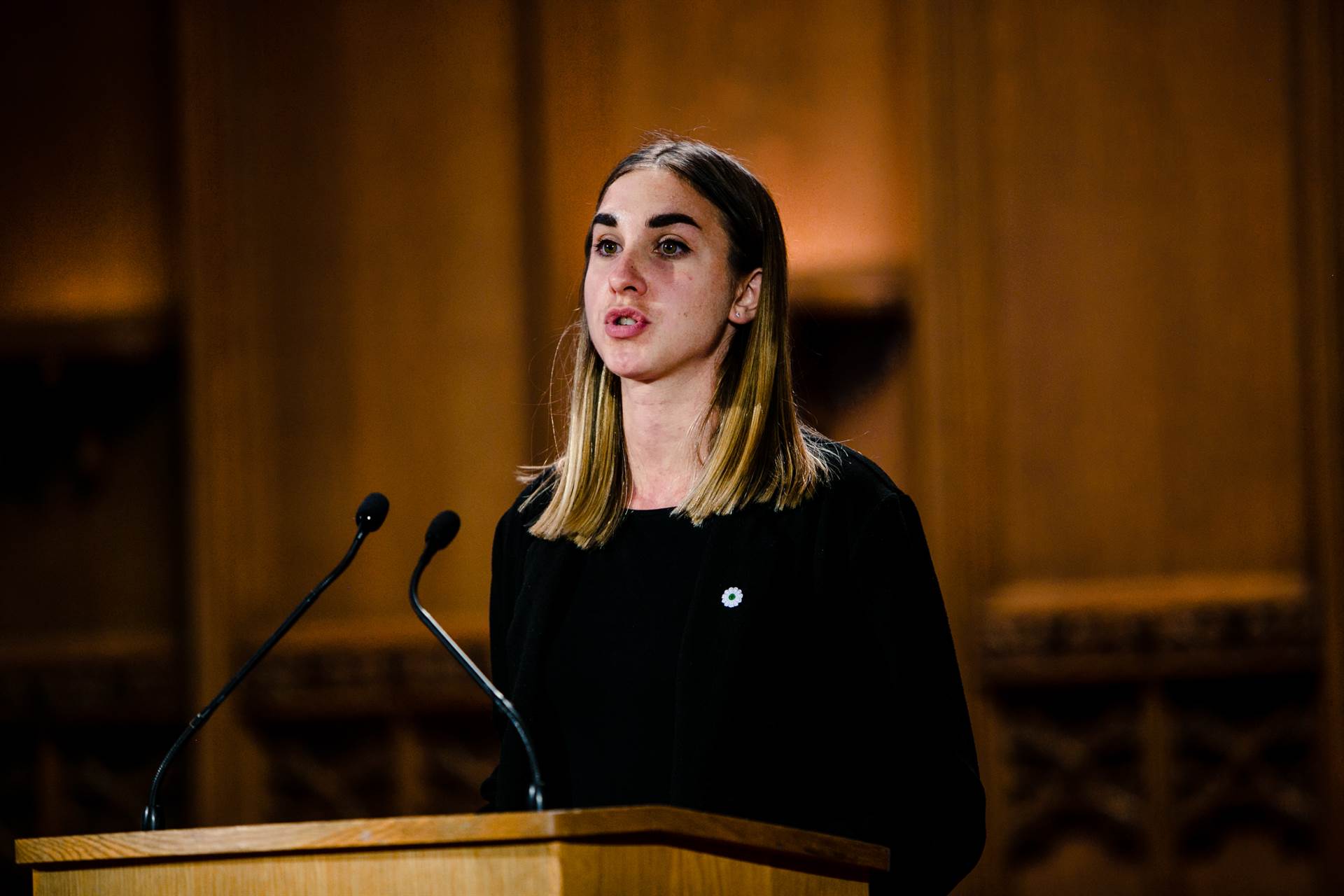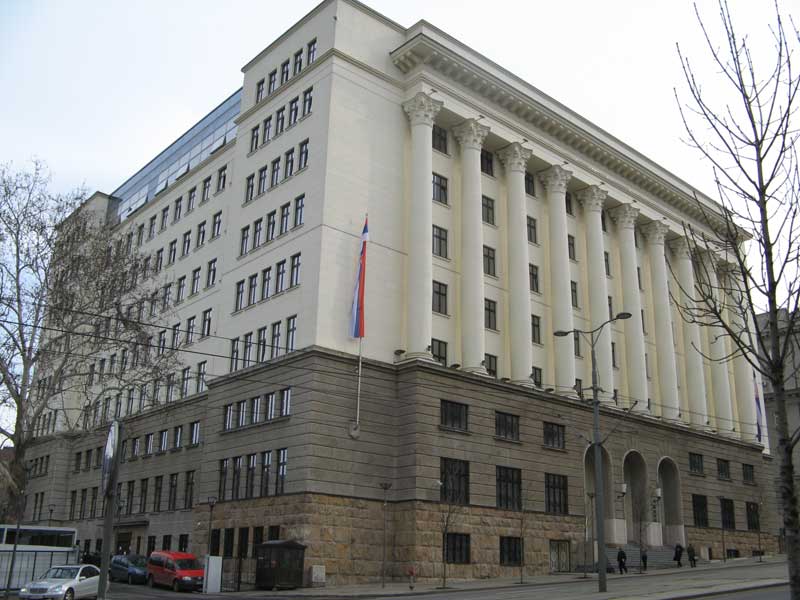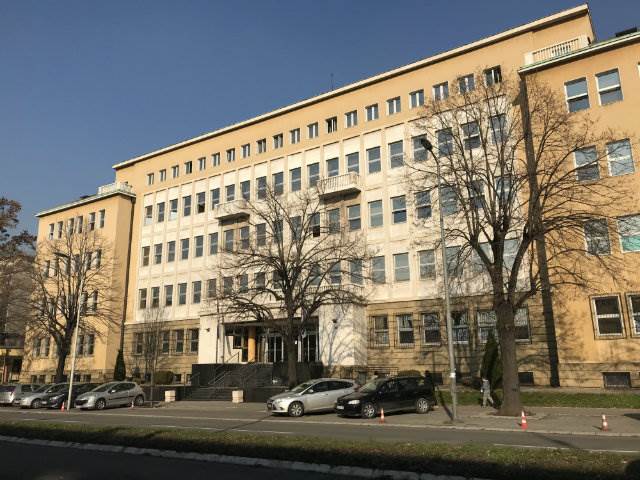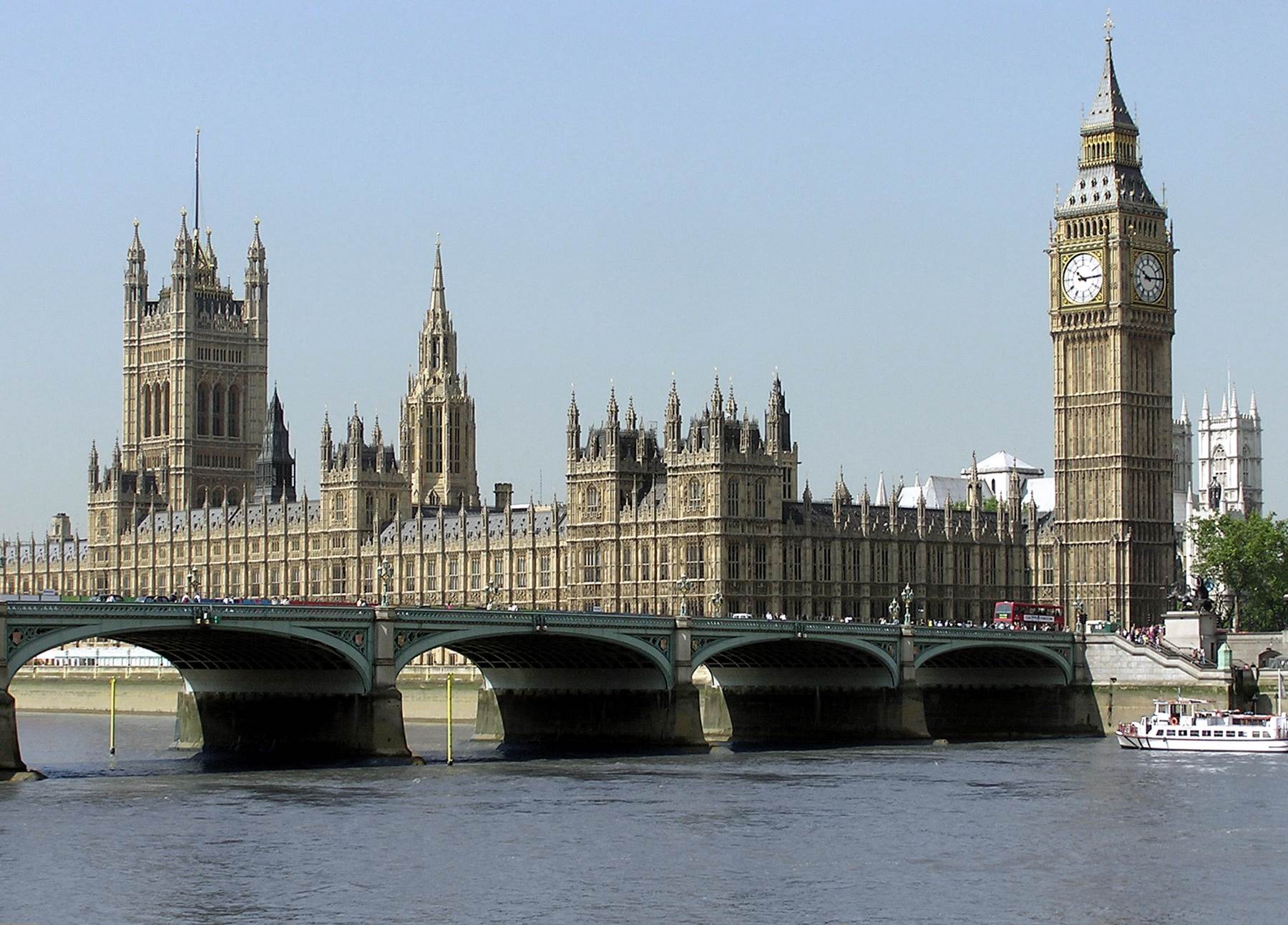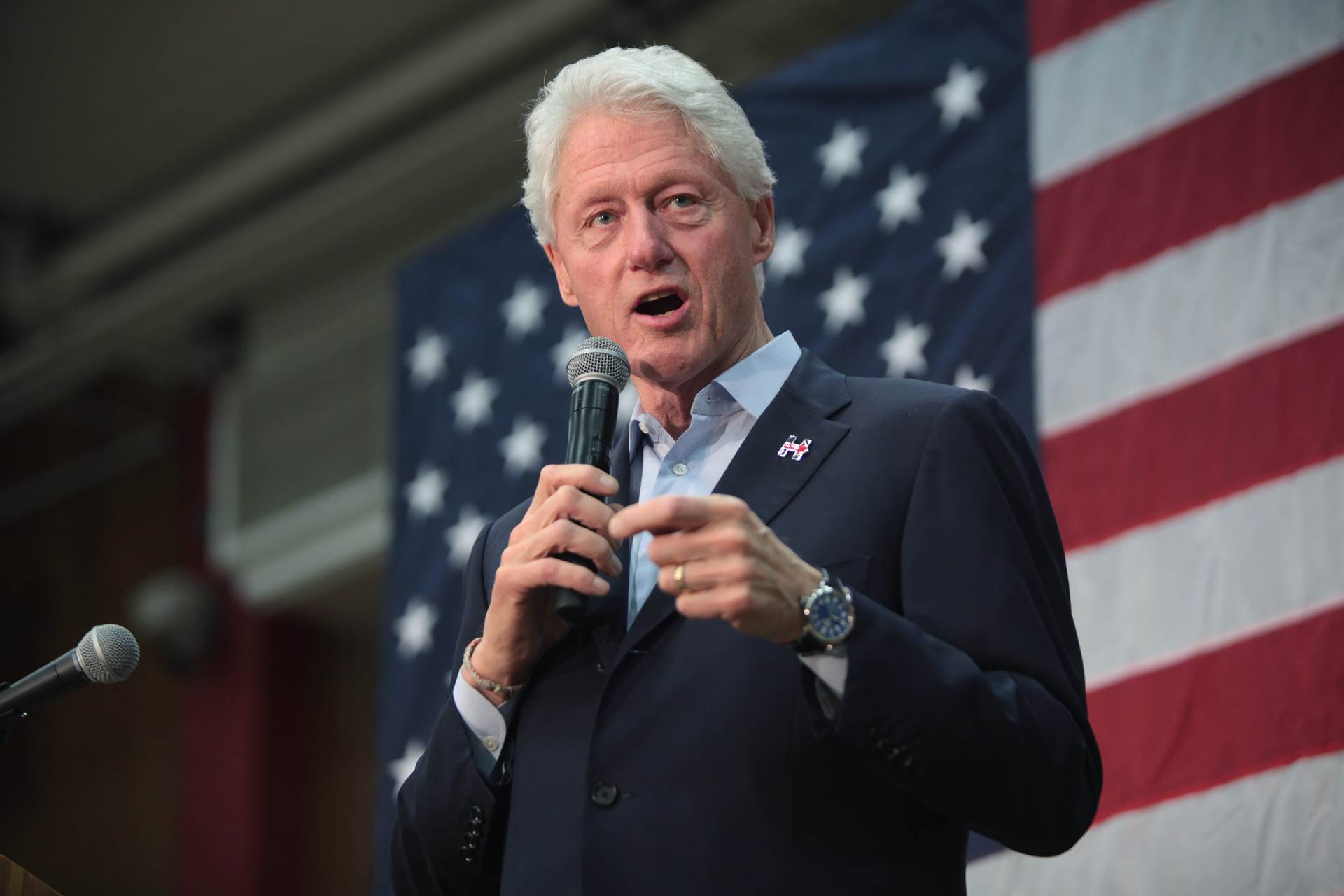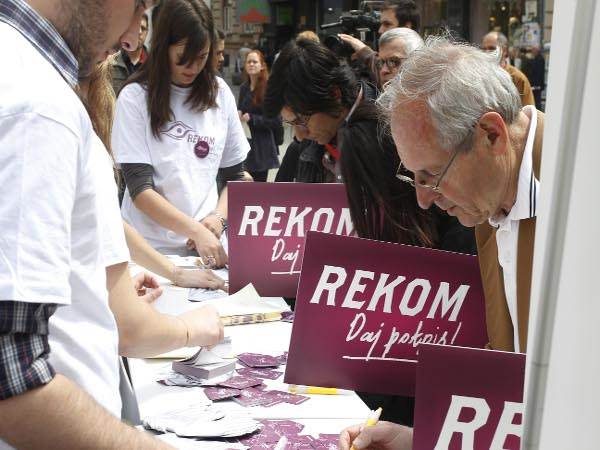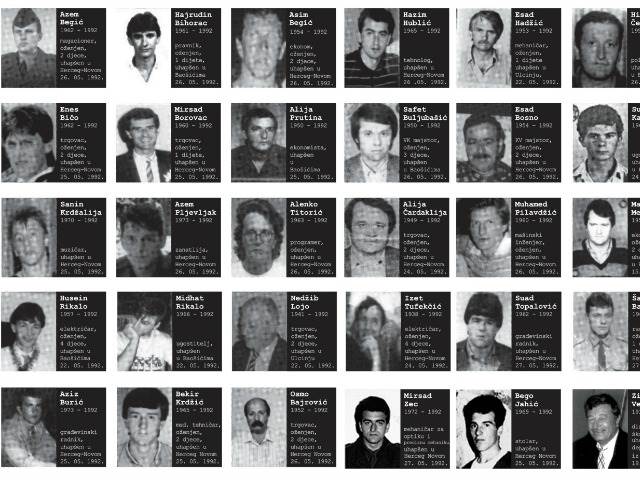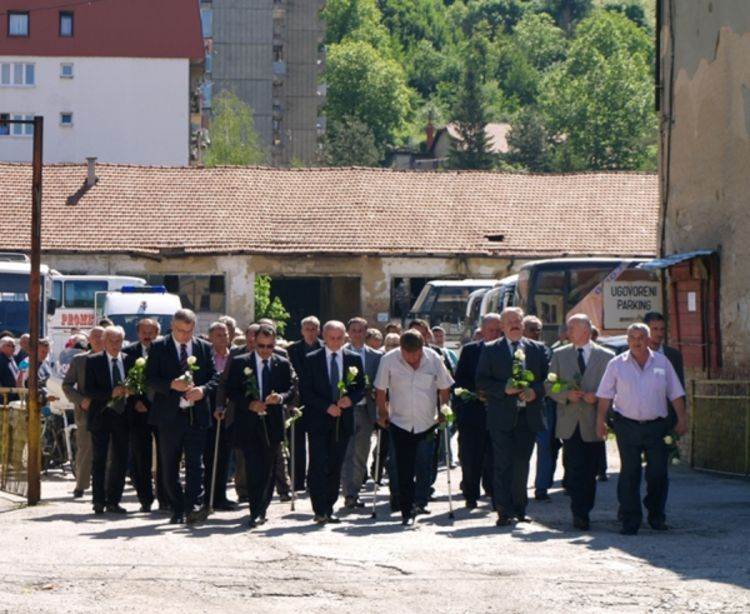Born in wartime Sarajevo to a mother who had been raped in a detention camp, then brought up by foster parents in Britain, Lejla Damon returned to Bosnia to seek...
Representatives of Serbia’s Roma community said they plan to sue the state at the European Court of Human Rights after a Belgrade court acquitted members of paramilitary group of killing...
A witness quit the landmark trial at a Belgrade court of Bosnian Serb ex-policemen accused of the massacre of Bosniaks from Srebrenica, saying he received threats despite his identity being...
A British parliamentary committee is demanding documents related to the shipment of 30 million Bosnian bullets to Saudi Arabia, which went ahead after London failed to pass on its suspicions...
Former US President Bill Clinton’s first novel, written with thriller author James Patterson, features a classical music-loving, vegetarian female assassin from Bosnia and Herzegovina as a main character.
A coalition campaigning for the establishment of the RECOM fact-finding commission on the 1990s wars said that it plans for the cross-regional body to start work in 2022. The Coalition...
The European Court of Human Rights is to decide whether there is a legal basis for a lawsuit against Montenegro in a case related to the wartime deportation of 83...
The landmark trial in Belgrade court for the massacre of Bosniaks from Srebrenica in the village of Kravica was postponed because a defendant reportedly slit his wrists several days before...
A commemoration of more than 50 Yugoslav troops killed by Bosnian forces will not be held in Tuzla, where it happened, because Bosnian Serbs say they haven’t been allowed to...
